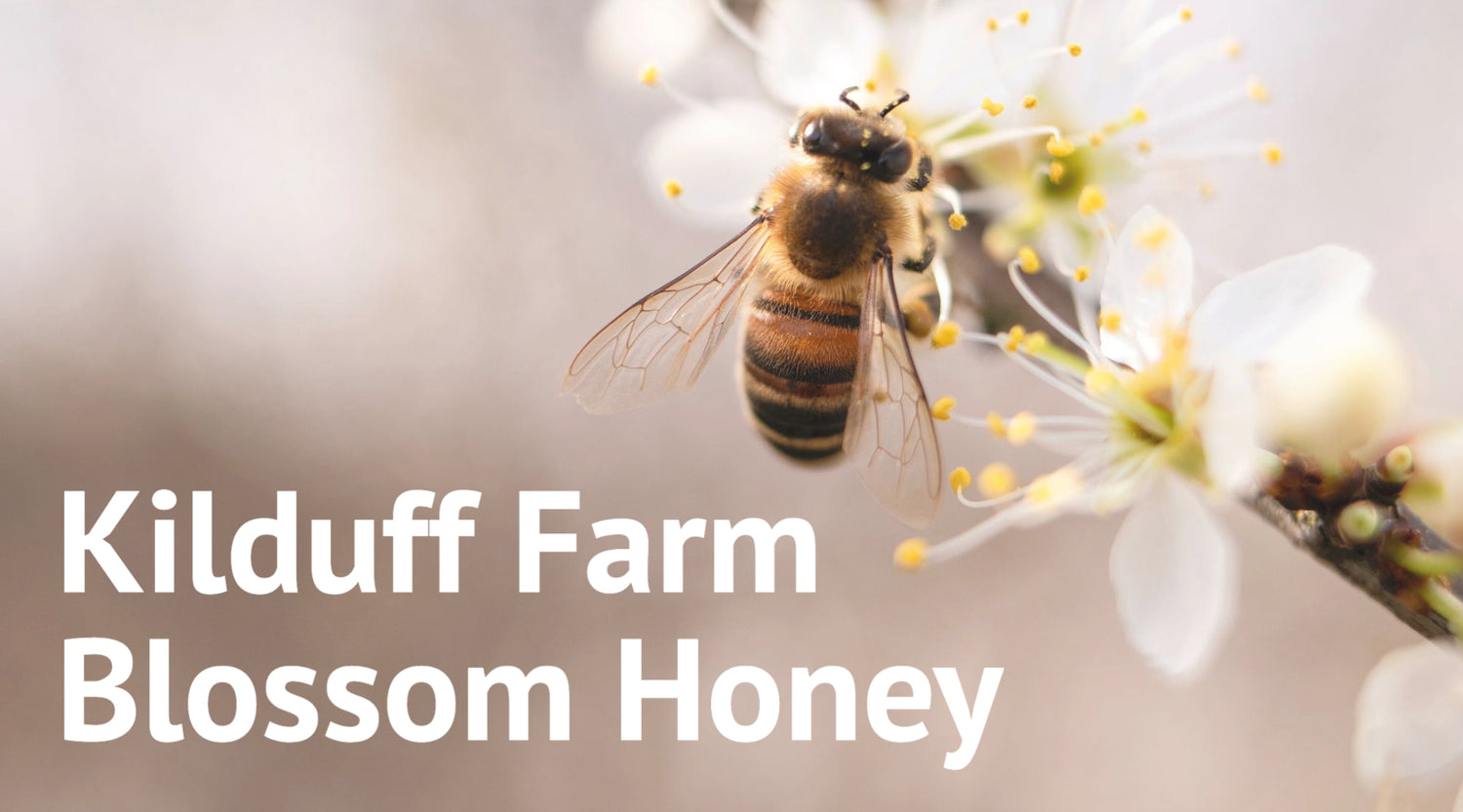What on earth do you do when a bee stings you? Hopefully we can give you some ideas!
There are many animals that sting including wasps and hornets, and others whose bite often feels like a sting, such as a mosquito. Bee stings are unique in that the bee actually leaves the stinger in your skin after the initial sting.
“I got stung by a sweet honey bee
Oh, what a feeling come over me”
It happened to Elvis and we’re assuming, because you’re reading this blog, that it’s happened to you.
In most cases they look and feel worse than they actually are, however if you experience any larger symptoms including;
Generalized itching, hives, swelling of the lips and tongue, difficulty breathing, collapse and loss of consciousness…
…then you should go to your local A&E immediately. Similarly if you have (or think you may have) an allergy or if your sting is somewhere affecting your airwaves (mouth, neck etc), monitor this closely and take action if it gets worse.
Many people have home remedies that have been passed down through generations, but rarely do any of these have any scientific backing. The safest (and most effective treatment) are in these three steps.
1. Take out the stinger with a blunt object
The stinger is filled with venom and the longer it is left in, the more flows into your system. We recommend a blunt knife or credit card. Don’t use tweezers as this can often burst the venom sack and make your symptoms worse.
2. Reduce the swelling
The most common effect of a bee sting is swelling and so it’s important to reduce this as soon as possible. Apply ice, and elevate the sting. The amount of swelling caused by a bee sting can be quiet unexpected, and may take several hours (or days) to go down
3. Reduce the pain
Bee stings can be very painful. Clean the sting by washing with soap and water, and speak to a pharmacist about pain relief.
Getting stung is never nice, but it’s even worse for the bee. By leaving it’s barbed stinger behind the bee also leaves part of it’s digestive tract, meaning the bee will shortly die. Bees only sting when they feel their hive is under threat, dying for the greater good. As a rule of thumb, bees won’t sting unless they are provoked. Leave them alone and they shall do the same with you!
As you may know bees are going extinct. Why not help support them through our charity Repollinate , or buying one of delicious honeys which support the bee population in Scotland.





